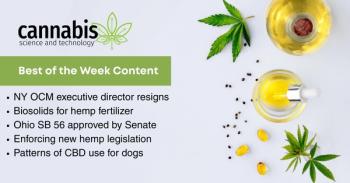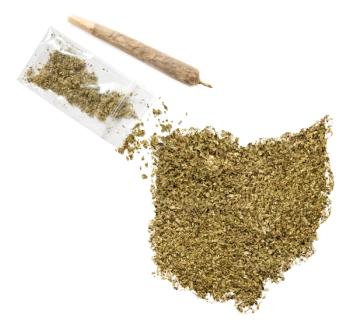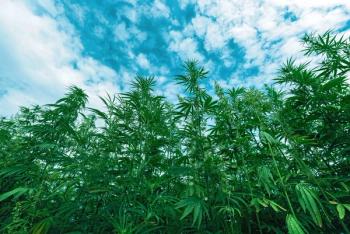
Study Examines the Impact of Recreational Cannabis Legalization on Mental Health Treatment Admissions
The research indicated that recreational cannabis laws led to a significant decrease in mental health treatment admissions.
A study published in the journal Health Economics examined the effects of cannabis legalization on mental health treatment (1). Citing the prevalence of mental health illness and increasing mental health diagnoses in the United States, the study, “The highs and the lows: Recreational marijuana laws and mental health treatment,” looked at data from ten states that had recent laws concerning cannabis for recreational uses (1). “This paper uses an event-study within a difference-in-differences framework to study the short-run impact of state RMLs [recreational marijuana laws] on admissions into mental health treatment facilities,” the introduction stated (1). It also stated that the current studies on cannabis and mental health have produced mixed results, and that other research has also indicated that adolescent and adult use increases after a state legalizes cannabis (1).
The author of the study, Alberto Ortega, PhD, assistant professor at Indiana University, concluded that in the early years after a state enacted a law legalizing recreational cannabis, the average number of mental health treatment admissions declined (1,2). “Once a state has an RML, there is a clear, immediate, statistically significant decrease in total admissions,” he explained in the Results section (1). “This estimate indicates that RMLs laws led to a roughly 37% decrease in total mental health treatment admissions or about 92 fewer admissions per 10,000 individuals in a state.”
“The findings are driven by white, Black, and Medicaid-funded admissions and are consistent for both male and female admissions,” Dr. Ortega also wrote (1). “The results are robust to alternative specifications and sensitivity analysis.”
Dr. Ortega added that the exact reasons behind a decrease in mental health admissions is still unclear (1). “Thus, the results should not be conflated with improved mental health,” Dr. Ortega cautioned (1). “Future research should examine whether this decrease is due to RMLs leading to facilities deterring treatment, improved mental health, substitution to self-medication, or other factors,” (1).
References
- Ortega, A. The highs and the lows: Recreational Marijuana Laws and mental health treatment. Health Economics 2023, 32 (10), 2173–2191 DOI: 10.1002/hec.4726.
- Alberto Ortega
https://oneill.indiana.edu/faculty-research/directory/profiles/faculty/full-time/ortega-alberto.html (accessed Nov 6, 2023).
Newsletter
Unlock the latest breakthroughs in cannabis science—subscribe now to get expert insights, research, and industry updates delivered to your inbox.





